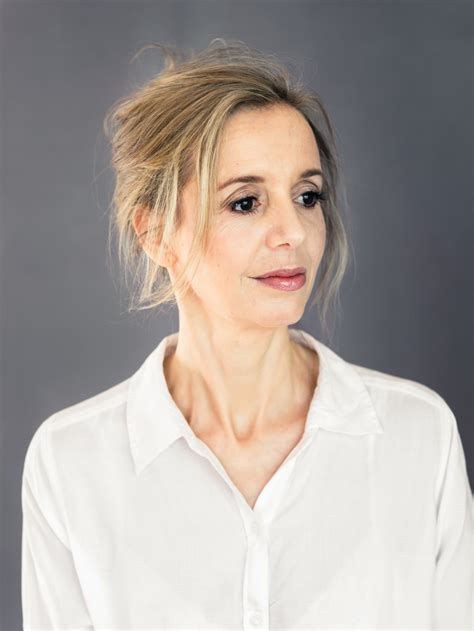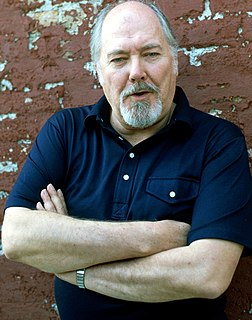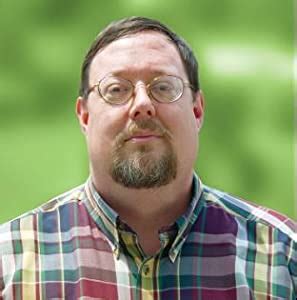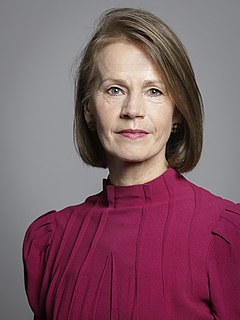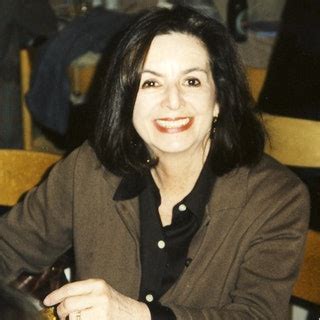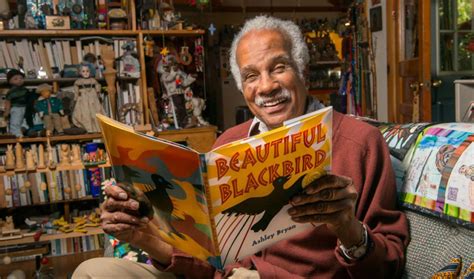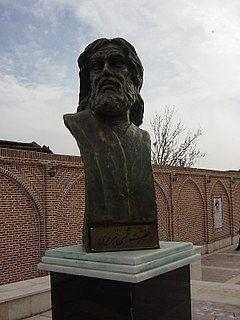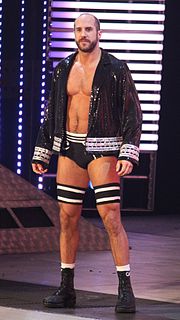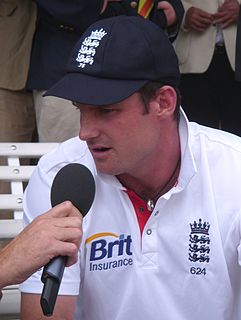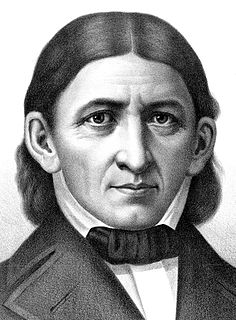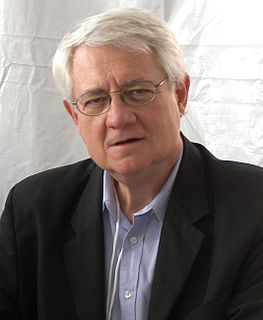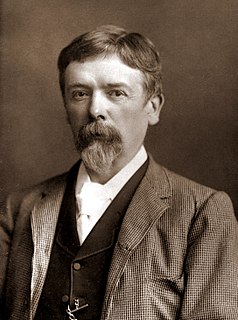Top 1200 Language Words Quotes & Sayings - Page 2
Explore popular Language Words quotes.
Last updated on April 18, 2025.
It took a pretty drastic moment to shift my thinking towards visual arts. I got to a moment in my writing career when I wasn't trusting the language, I was really not trusting the written language, the English language. How do you work with a material that you don't have trust in? I had to step away from it and find another way of articulating and I had to do it without words.
The theater, which is in no thing, but makes use of everything - gestures, sounds, words, screams, light, darkness - rediscovers itself at precisely the point where the mind requires a language to express its manifestations.... To break through language in order to touch life is to create or recreate the theatre.
You don't realize how language actually interferes with communication until you don't have it, how it gets in the way like an overdominant sense. You have to pay much more attention to everything else when you can't understand the words. Once comprehension comes, so much else falls away. You then rely on their words, and words aren't always the most reliable thing.
I don't think there is any scientific evidence about the question of whether we think only in language or not. But introspection indicates pretty clearly that we don't think in language necessarily. We also think in visual images, we think in terms of situations and events, and so on, and many times we can't even express in words what the content of our thinking is. And even if we are able to express it in words, it is a common experience to say something and then to recognize that it is not what we meant, that it is something else.
Each time I write, each time the authentic words break through, I am changed. The older order that I was collapses and dies. I lose control. I do not know exactly what words will appear on the page. I follow language. I follow the sound of the words, and I am surprised and transformed by what I record.
I'm chasing a kind of language that can be unburdened by people's expectations. I think music is the primary model-how close can you get this language to be like music and communicate feeling at the base level in the same way a composition with no words communicates meaning? It might be impossible. Language is always burdened by thought. I'm just trying to get it so it can be like feeling.
There are endless consumer applications, but what excites me is how this can help people. A man who cannot speak communicates with sign language, but the average person doesn't know that language. SixthSense, if equipped with speakers, can recognize the gestures and form the words - it will speak for him.
I use the [vulgar] words because apparently these words do not corrupt morally. I'm from the street in New York, hung around in a tough neighborhood. It was common to curse, you make your point. It's a very effective language. I try not to overdo it. It's never to shock. I know where it fits, it's never to shock. There's no shock value left in words.
I love poetry. It's at the heart of everything I do. Poetry transforms what we call language, and uses language as the stuff to become something else. I get spun around by what happens in words. When that occurs, it inspires images that seem so original to me as an artist, even though I'm following what the poem has offered.
My brain can form thoughts that come out through my mouth. The problem is sometimes I stumble the words because I speak five different languages - we know all that - so the thing is, I like to speak the language that everybody speaks all around the world, that the WWE Universe loves... that's the language of wrestling that I do in the ring.
In your relationship with God there are also times when you want to say things and you're trying to find the words to express them. In a human relationship sometimes you struggle for words and you've got to do it, but in a relationship with God he can actually give you a language which enables you to communicate. In a relationship with God you feel things and you want to express them and you're not limited by human language. You can express what you really feel in your heart, through a language that he gives you, and that helps you to communicate with God.
There are many ways of writing badly about painting... There is an 'appreciative' language of threadbare, not inaccurate, but overexposed and irritating words... the language of the schools which 'situates' works and artists in schools and movements... novelists and poets [that] see paintings as allegories of writing.
Language is the primary way we communicate with each other, and we have really strong feelings about what words mean, and about good language and bad. Those things are really based on sort of an agglutination of half-remembered rules from high school or college, and our own personal views on language and the things we grew up saying, the things we grew up being told not to say.



